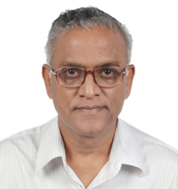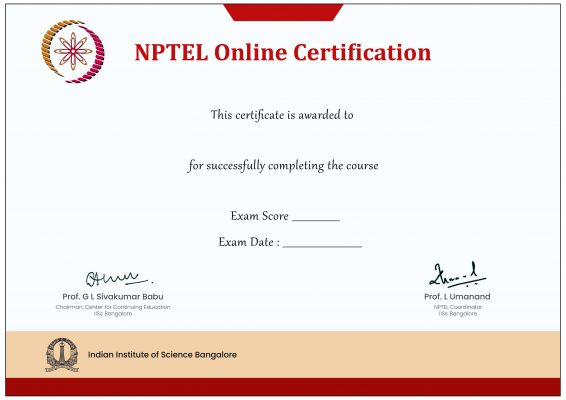Description
The quality of Teaching And Learning in Engineering (TALE) has come to be an important issue in India to all stakeholders including teachers, students, parents, Managements, University, AICTE, NBA and Industry. The quality of learning of the graduating engineers determines the quality of their placements. While there has been significant increase in the last few decades in our understanding of how people learn, there has not been much intersection of this knowledge with the instructional practices at institutions of higher learning. The dominant instructional method still remains lecturing. Industry, Regulatory Bodies and Accreditation Agencies in India want the engineering graduates attain a set of Program Outcomes (knowledge, skills and attitudes) which are discipline agnostic and a set of Program Specific Outcomes identified by the Department offering the program. The curriculum of a program decides the nature of learning experiences including the courses, projects, internships, and co-curricular and extra-curricular activities. The focus on students attaining a certain set of outcomes requires a shift from teacher centric approach to student centric instruction. While good teachers, in any era or in any part of the world, were and are always student centric in their approach the process of designing and conducting a course remained informal in nature. The contexts of instruction including quality and background of students, teacher expertise, physical environment and the system in which instruction takes place, available resources, regulatory and accreditation mechanisms, and assessment and evaluation mechanisms are extremely varied. There is no unique method that leads to good learning in all contexts. The course TALE addresses many of the common issues of teaching and learning in engineering in the Indian context and tries to provide a complete solution to a teacher to the process of design and conduct of an engineering course leaving all the academic freedom he/she wants to have. While at some places the solutions appear to be specific they can be treated as examples, and alternate solutions can be worked out by the teacher. TALE is presented as a set of four modules with each module having about 20 half-hour units. This course will be useful to all teachers of higher education institutions offering undergraduate programs in engineering.
INTENDED AUDIENCE
Working and aspiring engineering teachers
PREREQUISITES
Degree in Engineering
INDUSTRY SUPPORT
Educational Institutions, Corporate Training
ABOUT THE INSTRUCTOR

N.J. Rao ,Previously the Chairman of CEDT (Centre for Electronics Design and Technology, IISc during 1981 1996, and Chairman, Department of Management Studies during 1998 2006, and superannuated as Professor at CEDT in July 2006. Presently a Consulting Professor at International Institute of Information Technology (IIIT), Bangalore, a member of several committees associated with NBA, and a member of the Core Committee that defined the new Accreditation processes of NAAC. Research areas included Control Systems and System Dynamics. Present research interests include higher education, pedagogy and education technologies, particularly assessment and metacognition. Presently working with Department of Higher Education, Kerala for improving quality of learning in Higher Education Degree Colleges, and several engineering colleges for curriculum design, pedagogy and quality of learning. Has designed and has been conducting a wide range of faculty development programs on NBA Accreditation, Curriculum Design, Course Design, OBE, and Assessment. Offered MOOC programs TALE (Teaching and Learning in Engineering) and TALG (Teaching and Learning in General Programs) through NPTEL.



Ashish Mishra –
Nice, useful course details